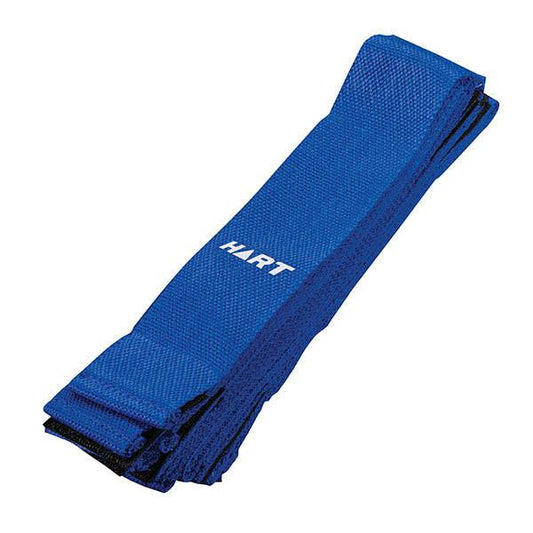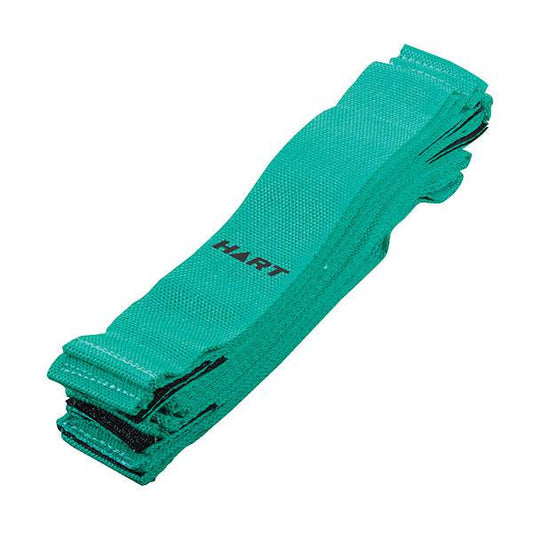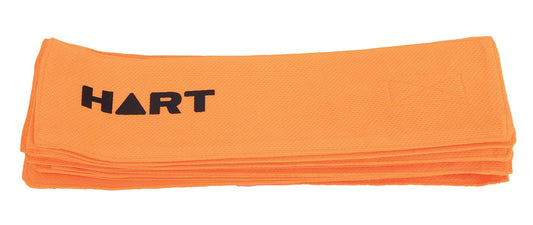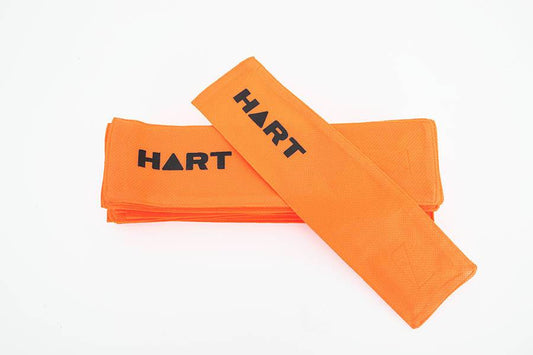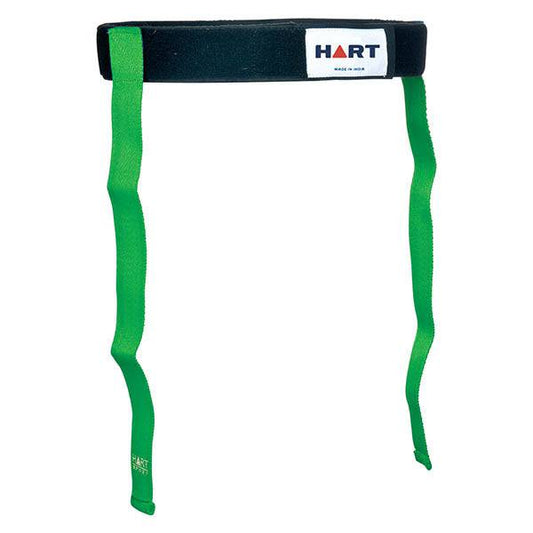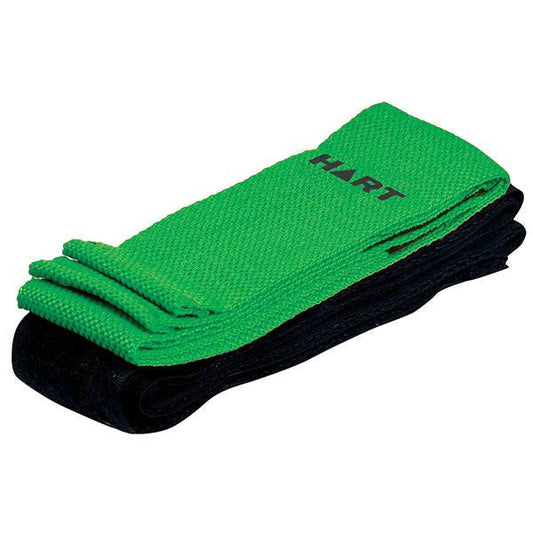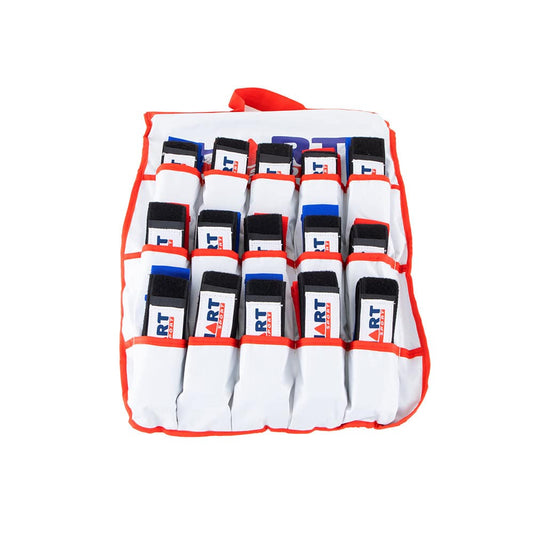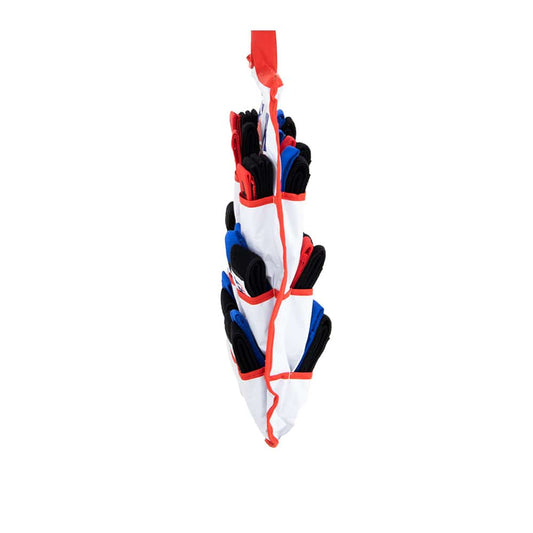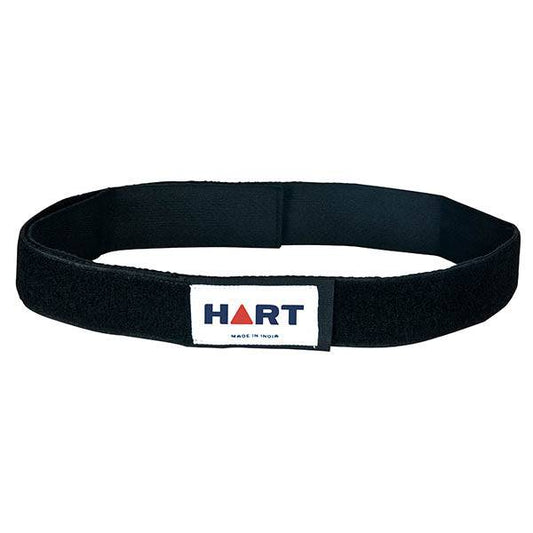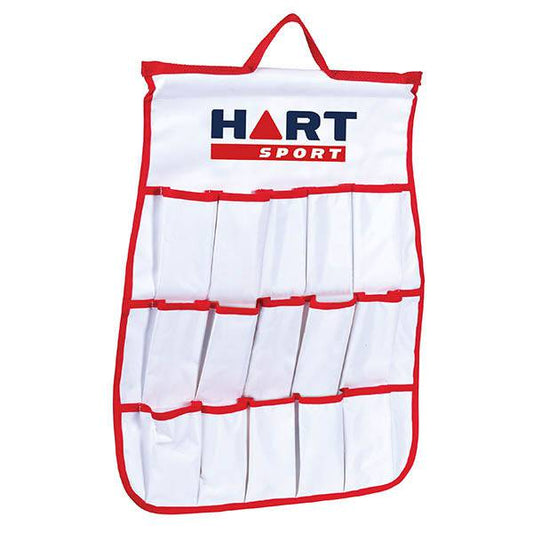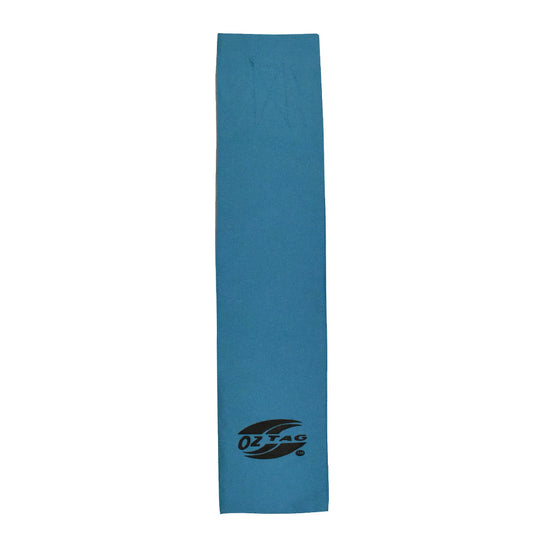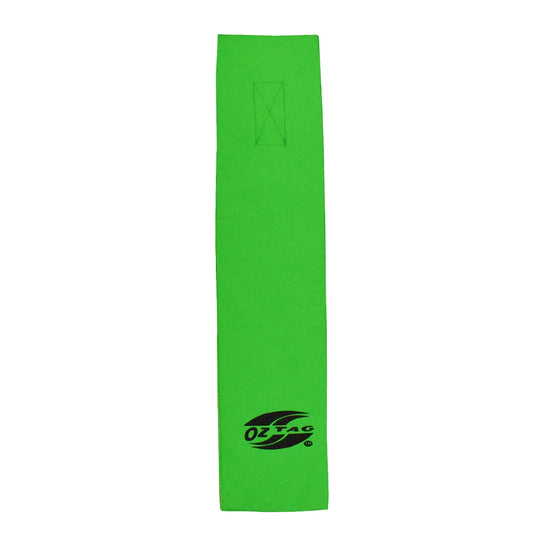The Ultimate Q&A on Flag Football and Rippa Tag for Parents, Coaches & Players
Flag Football and Rippa Tag are non-contact team sports designed to offer all the excitement of Gridiron Football and Rugby League or Rugby Union, without the tackling. It's safe, beginner friendly, and since it's non-contact, great for both kids and adults alike, as it reduces the risk of injury.

Both games are often introduced as an entry point, to allow players to develop the core techniques for the traditional versions of the games. They focus on creating a fun, inclusive, and skill-building experience.
Basic Rules of Flag Football
Flag Football is the non-contact variation of American Gridiron. The rules have been modified to allow for more fluid play and safety. Rules vary, based on which league is being played in, but the basics go as follows:
- Teams are generally made up of 10 players - 5 offensive and 5 defensive (plus substitutes if necessary).
- Field dimensions = 50x25 yds
- There is no punting (kicking) allowed.
- The match is played in two halves, generally 20mins each.
- The match starts with the ball being put in play by a snap at the teams own 5-yard line.
- Scoring: Teams attempt to score Touchdowns, a Try or a Safety. Four (4) downs to cross midfield (or score).
- Tagging (Ripping): Defenders stop the ball carrier by pulling a flag from their belt, otherwise known as sacking. The tag must be attached back on to the belt before play resumes.
- No Contact: Blocking and tackling are strictly prohibited; defenders cannot push, hold, or intentionally knock over opponents. No diving or flag guarding.
- Turnovers: Interceptions result in an immediate change of possession. Four (4) consecutive tags or failed "downs" also result in a turnover.
- Offense: The quarterback has limited time to pass, and often cannot run past the line of scrimmage. "No-running zones" may exist near the end zone.
- Penalties: Common penalties include offside, pass interference, and illegal contact, usually resulting in a 5-yard loss.
- Equipment: All players wear a belt with two flags, one on each hip.
Basic Rules of Rippa Tag
Rippa Tag is the non-contact version of Rugby League. Some features of the game can be modified to possess more of a Rugby Union style of play. Again, rules will vary depending on which league, or country is being played in. The basic rules of play are as follows:
- Teams are made up of eight (8) players per side on the field at any given time.
- Field dimensions = 70×50 metres
- The attacking team is allowed five (5) plays, or tags to attempt to score a try, with a turn-over of the ball if tagged for a sixth (6th) time.
- A try is worth one (1) point, but there are no conversions
- A tag (tackle) is when one or more tags are removed from the belt. Removed flags must be placed on the belt before play resumes.
- Kicking in general play is allowed, but below shoulder height of the referee, and on the 4th, 5th or 6th tag only.

What Equipment Do You Need?
Flag football requires minimal gear:
- Flags and Belts: Each player wears 2–3 detachable flags.
- Football: Youth leagues often use a smaller size for easier grip.
- Field Markers: Cones or lines for boundaries and end zones.
- Do you need special shoes? Cleats are recommended for grip, but metal spikes are usually banned.
Youth Tip: For younger players, make sure flags are easy to grab and belts are adjustable.
Why Choose Flag Football or Rippa Tag?
- Safety: No tackling reduces injuries.
- Skill Development: Builds agility, teamwork, and strategy.
- Accessibility: Easy to set up in schools and parks.
- Inclusivity: Great for co-ed teams and all age groups.
For parents and coaches, these games are an excellent way to introduce kids to football or rugby without the risks of full contact.







